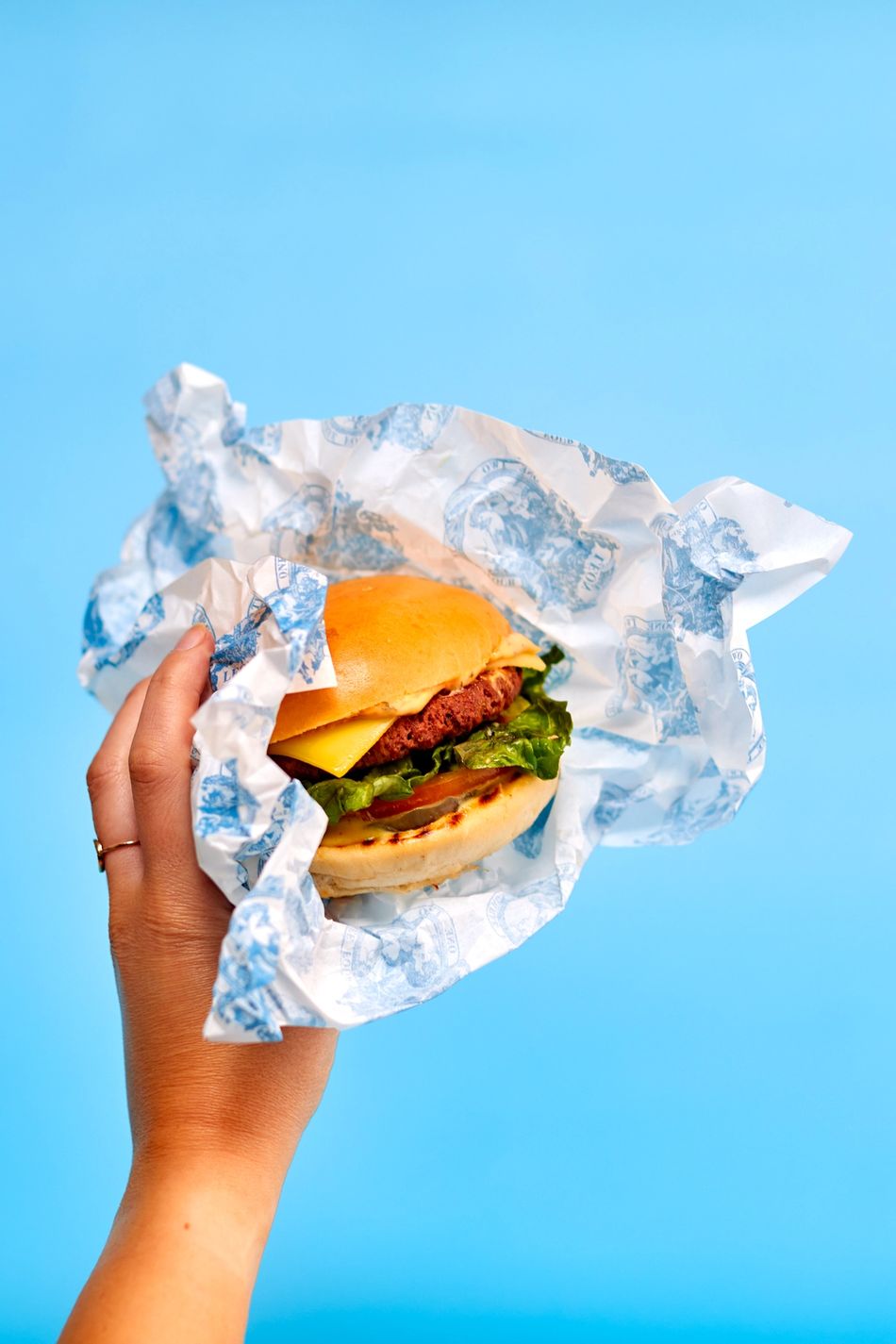Credibility of Leon’s ‘carbon-neutral’ burgers questioned by scientists
Carbon credits purchased by restaurant chain ‘unlikely to represent real emission reductions’, says investigation

Leon’s claim that it will become the first restaurant chain in the UK to sell carbon-neutral burgers and fries has been called into question after an investigation found the company was using controversial carbon credits.
The chain first made the claim in January, when it announced the carbon neutral meals would be available at more than 60 locations. Leon said it will purchase carbon credits for every burger and portion of fries sold to offset their footprint.
As part of its pledge to become net zero by 2030, Leon excluded high-carbon meats such as beef from its menu and switched to a more sustainable energy supplier. The company said it would purchase carbon credits from three rainforest conservation and tree-planting schemes to neutralise emissions.
But a joint investigation by the Guardian and Unearthed published earlier this year revealed serious concerns over one of the rainforest conservation projects that Leon buys carbon credit from. The project, the Peruvian Amazon, is run by a partnership between a conservation NGO and logging companies.
The Guardian reported that the Redd+ (reducing emissions from deforestation and forest degradation) carbon credits were “unlikely to represent real emission reductions and threats to the forest had been overstated”.
Carbon credits, which allow companies to emit a certain amount of carbon dioxide or other greenhouse gases, are generated by preventing hypothetical polluting activity.
But Britaldo Soares-Filho, a deforestation modelling expert who modelled the hypothetical deforestation the Peruvian Amazon was preventing, told the Guardian that it was generating “phantom credits” that resulted in little environmental benefit.
Soares-Filho, also a professor at the Institute of geosciences at the Federal University of Minars Gerais in Brazil, warned customers to “beware” of the claims, adding: “Carbon neutrality of burgers sauced with Redd+ credits will not digest well.”
The findings were criticised heavily by US non-profit Verra, which administered the standard for certifying carbon emissions reductions. Verra maintained that the offset system they endorse contributes to the fight against climate change.
Leon also strongly disputed the claim it was purchasing “phantom credits” and said it was confident that the credits helped “prevent greenhouse gas emissions, protect vital biodiversity and create sustainable livelihoods for forest communities”.
It said in a statement published on its website: “Sustainability remains at the heart of the LEON business and that’s why we’ve committed to be Net Zero by 2030. We’re cutting the emissions in our restaurants by using 100 per cent renewable power and switching from gas to electric cooking.
“Of the 13 burgers we’ve had on our menu this year 6 have been vegan, giving our customers a wide range of naturally lower carbon products to choose from.
“Carbon offsetting forms just one part of our strategy to tackle the emissions we can’t currently avoid and the Madre de Dios Project is one of many projects we support. It has been independently certified by Verified Carbon Standard (VCS) and CCBS Gold Level (Climate, Community and Biodiversity Standard) globally recognised certification standards.”
Join our commenting forum
Join thought-provoking conversations, follow other Independent readers and see their replies
Comments
Bookmark popover
Removed from bookmarks